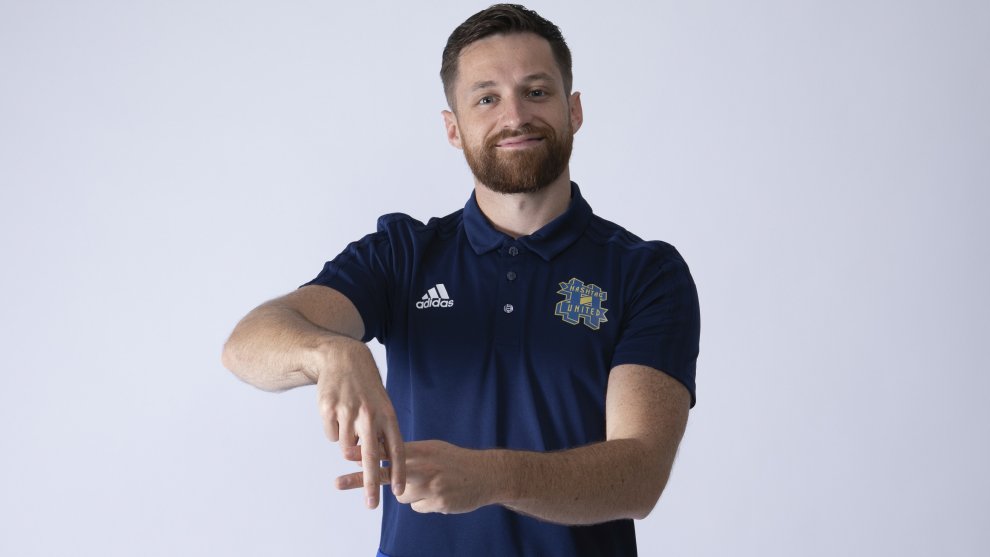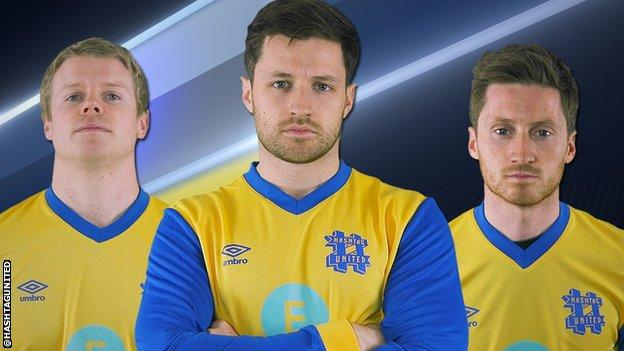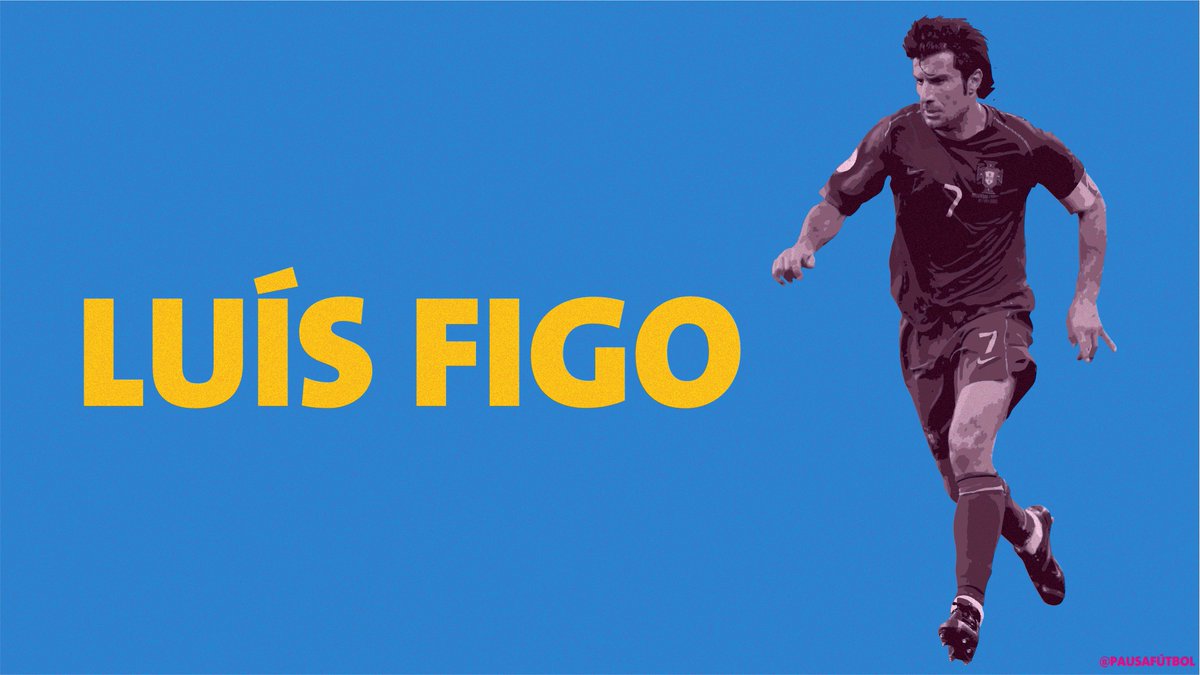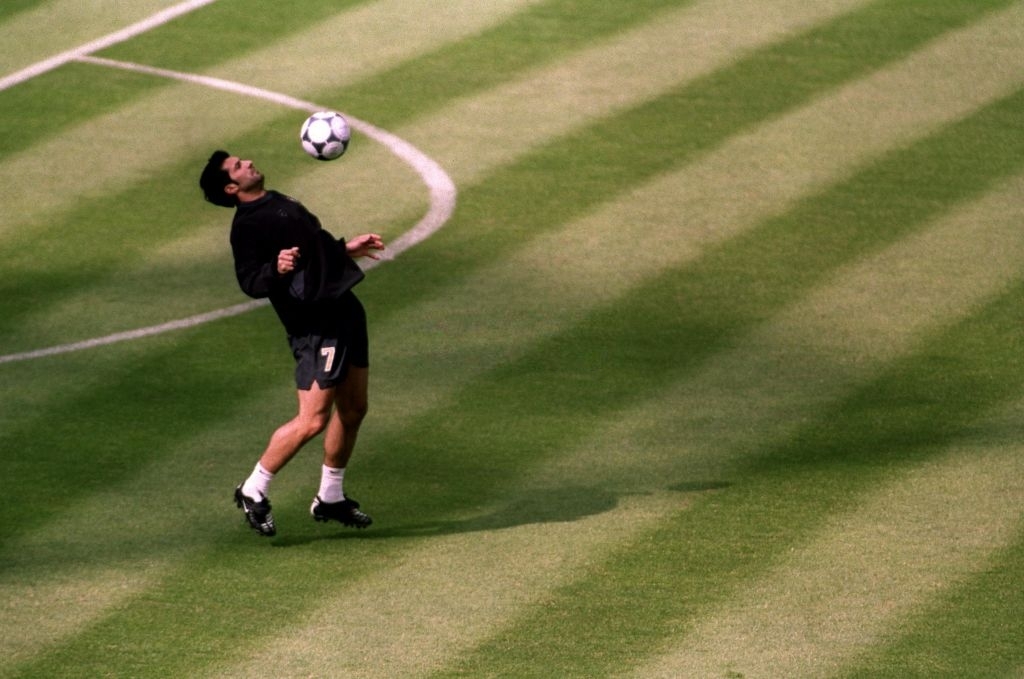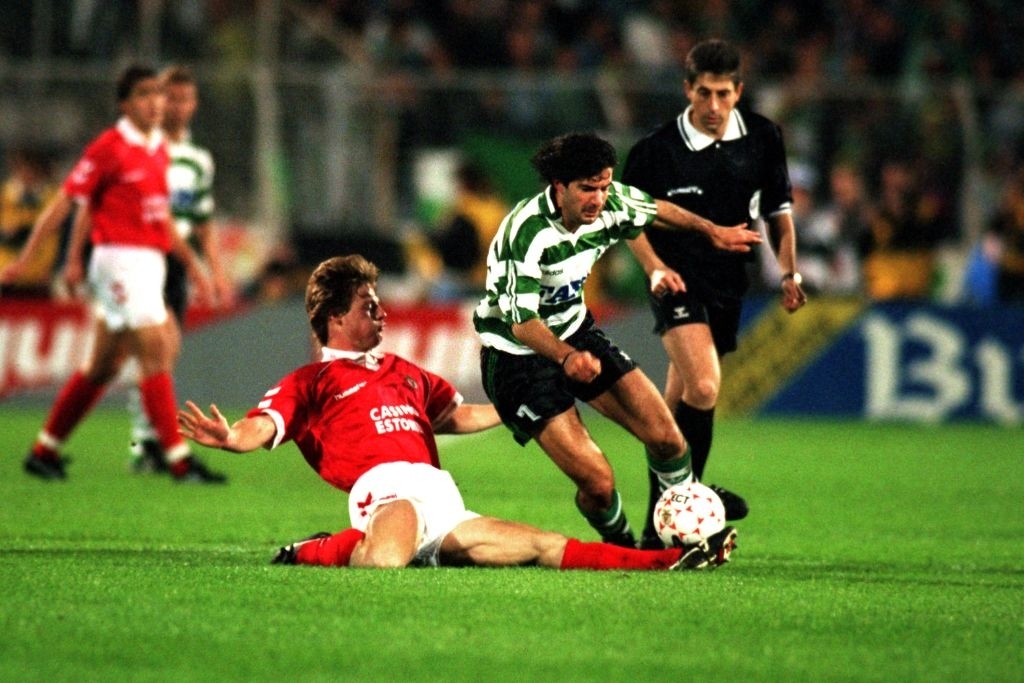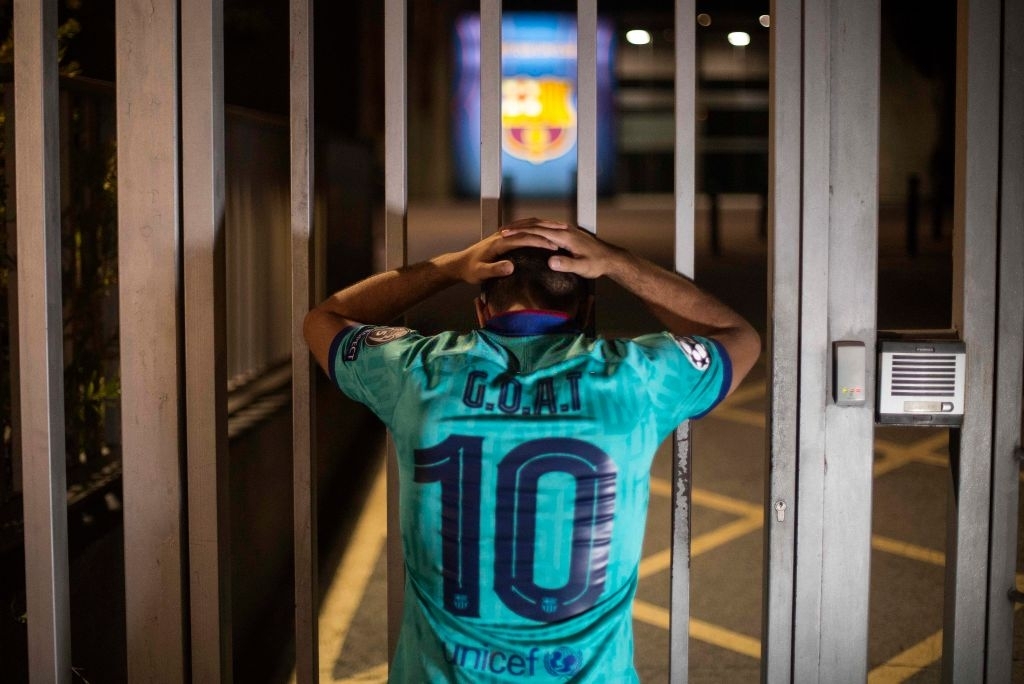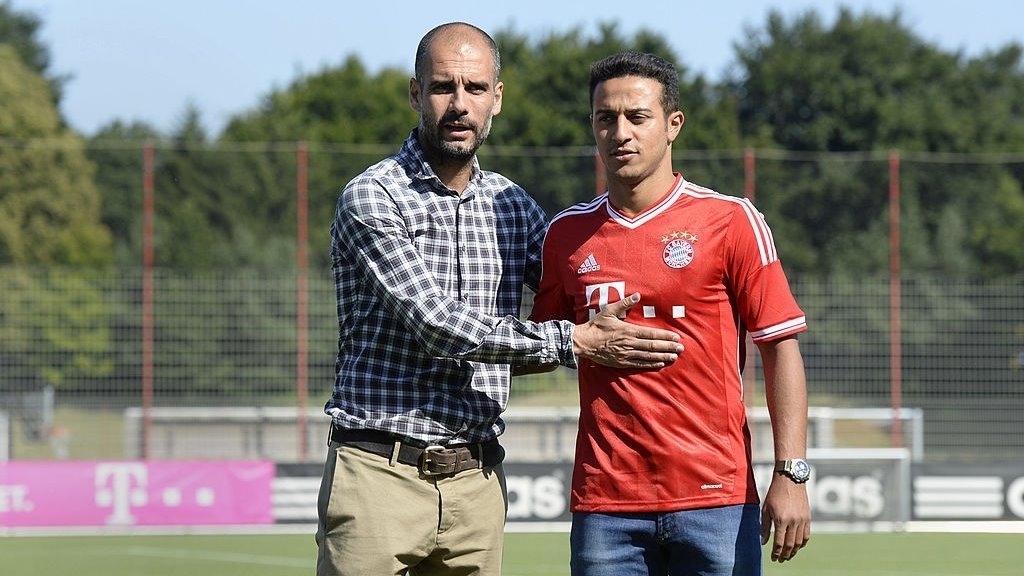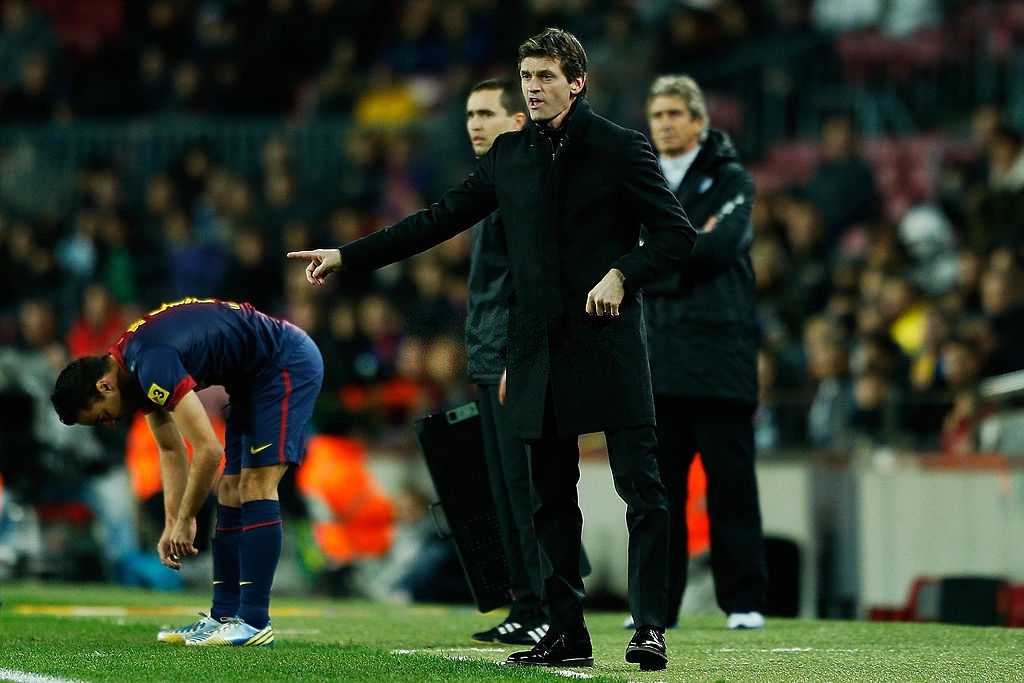
To understand the beginnings, it is important to understand that the country has a culture of formation of registered associations across many different sectors – human rights organizations, sports clubs, charities etc. 

In German, these are called ‘eingetragener Verein’ and every such association adds e.V. to their name. An e.V. can be formed by as few as 7 people and needs no structured capital input or publication of financial statements. As such, they can be seen as fairly informal entities. 

Most football clubs in West Germany were registered as e.V. post World War 2. While the clubs in East Germany were differently run due to direct interference of the government, they too converted to being e.V. post reunification in 1990.
However, in the late 90s, clubs began to shift away from this model. The problem was that the format came at the cost of stability. Football clubs have thousands of members, and within those members, small disputes were often common. 

There was a collective realization that with the influx of money that football saw in the 90s, the clubs had to be run in a much more organized manner or be left behind. This brings us to 1999, when DFL (German football league governing body) introduced a new rule named 50+1. 

The rule stated that each of the existing clubs in the form of an e.V. would be permitted to outsource their footballing capacities to an external company. The condition being that of this company, the parent e.V. should own the majority shares (hence 50% shares + 1 share). 

The rule changes allowed a club to be organized in three different ways –
a) Aktiengesellschaft (AG)
b) Gesellschaft mit beschrnäkter Haftung (GmbH)
c) Kommanditgesellschaft auf Aktien (KGaA)
a) Aktiengesellschaft (AG)
b) Gesellschaft mit beschrnäkter Haftung (GmbH)
c) Kommanditgesellschaft auf Aktien (KGaA)
An AG comes with a dual board structure – the supervisory board (Aufsichtsrat) and the managing board (Vorstand). The Aufsichtsrat is elected by the members who vote at the end of every fixed term. 

This supervisory board in turn, has the job of selecting the managing board and thus, oversees their operations. The managing board has the responsibility of managing the entire financial aspect of the club’s activities to ensure smooth running.
Any decision can only be taken if all the members of this managing board agree to it. A good example of an AG is FC Bayern. Bayern members own 75% of the club through the e.V. while the remaining 25% is split equally between Allianz, Audi and Adidas. 

A GmbH is fairly similar to AG but without the necessity for a supervisory board should the company adopt a different structure. It is the least prevalent form of club strcuture due to a lesser flexibility in terms of generating capital to inject into the club.
For clubs with greater financial resources therefore, AG seems to be a much better alternative considering the ease of obtaining money. Clubs with meagre resources tend to prefer remaining as an e.V. instead and assume a sense of a close-knit community. 

Fundamentally, one can see GmbH as a subversion from the original 50+1 as it allows majority ownership from an investor should the investor be involved with the club for more than 20 years. Also, the shareholders are permitted to transfer their shares through sale or inheritance. 

Bayer Leverkusen is a good example of a GmbH. The club is wholly owned as a subsidiary of pharmaceutical company Bayer. The current representative of shareholders is Werner Wenning (left), former Chairman of the parent company. 

A KGaA happens to be a club structure that works on the principle of floating shares traded on the stock market. While the majority of the shareholders happen to be domestic fans in order to uphold the 50+1 rule, substantial investment can be seen thanks to external investors. 

A good example of this is Borussia Dortmund. The model has an Aufsichtsrat but no Vorstand. The management instead, is led by shareholders who assume unlimited personal liability for the actions of the KGaA. Currently, this is a group of people led by Hans-Joachim Watzke. 

Despite having a complicated structure, a KGaA ensures considerable fan input on larger issues while simultaneously providing greater autonomy to people in various departments of the organization over their daily work. 

The 50+1 has received a lot more attention in recent months thanks to the entire controversy around the European Super League. Meanwhile in Germany, it has received some criticism from fans who point to its certain loopholes as undermining the football culture within the country. 

What lies in the future is unknown. However, as it stands, the rule gives a lot more autonomy to German fans than most of their European counterparts in having a relevant voice within their clubs.
[END OF THREAD]
[END OF THREAD]

This thread would not have been possible without Ryan Murphy's exhaustive work on the topic alongside analyzing the ownership system across select clubs in Spain and England. We would recommend everyone to check it out.
hcommons.org/deposits/item/…
hcommons.org/deposits/item/…
• • •
Missing some Tweet in this thread? You can try to
force a refresh













